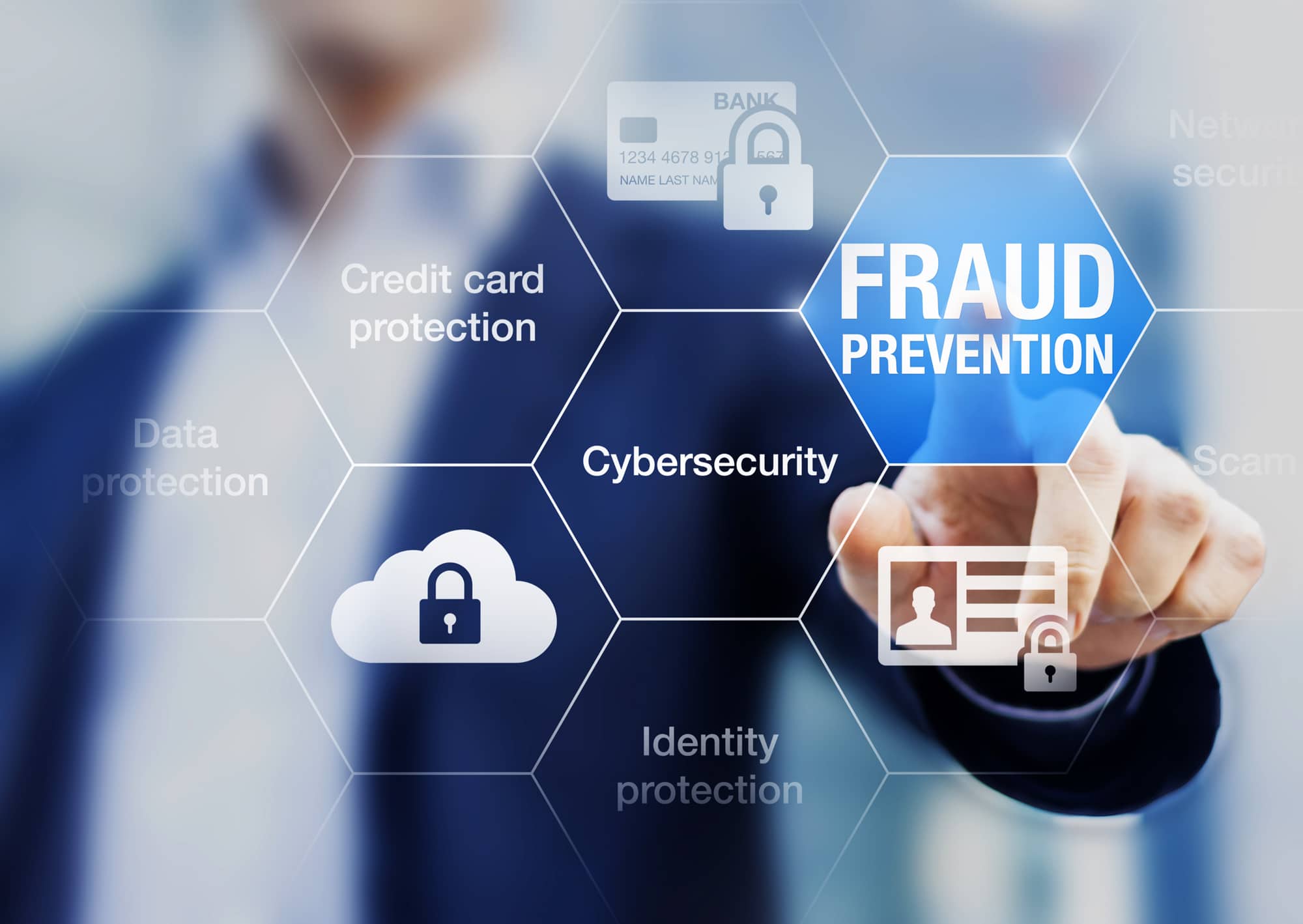course content

Course Content:
The specific content of the diploma program can vary, but it generally covers the following topics:
1. Understanding Fraud and Corruption: An overview of different types of fraud and corruption schemes, their impact on organizations, and the ethical implications involved.
2. Fraud Prevention and Risk Management: Techniques for assessing fraud risks within a company, implementing internal controls, and designing prevention strategies.
3. Fraud Detection and Investigation: Methods to detect red flags and suspicious activities, conducting investigations, and gathering evidence.
4. Data Analytics and Forensics: Utilizing data analytics tools to identify patterns and anomalies that may indicate fraudulent activities.
5. Legal and Regulatory Framework: An overview of relevant laws, regulations, and standards related to fraud and corruption, including anti-corruption legislation.
6. Corporate Governance and Ethics: Understanding the role of governance and ethical practices in preventing fraud and corruption.
7. Whistleblowing and Reporting: Establishing channels for anonymous reporting of fraudulent activities and ensuring protection for whistleblowers.
8. Cybersecurity and Fraud: Addressing the intersection of cybersecurity vulnerabilities and fraud risks.
9. Internal Audit and Compliance: The role of internal audit and compliance functions in mitigating fraud and corruption risks.
10. Case Studies and Practical Exercises: Analyzing real-world case studies and engaging in hands-on exercises to apply the knowledge gained.
Training Format:
The diploma program can be delivered through various formats, including:
1. Classroom-Based: Traditional in-person training sessions held at a physical location.
2. Online: Virtual classes conducted through webinars or e-learning platforms, allowing for flexibility in learning.
3. Blended: A combination of both classroom and online learning to cater to different preferences and schedules.